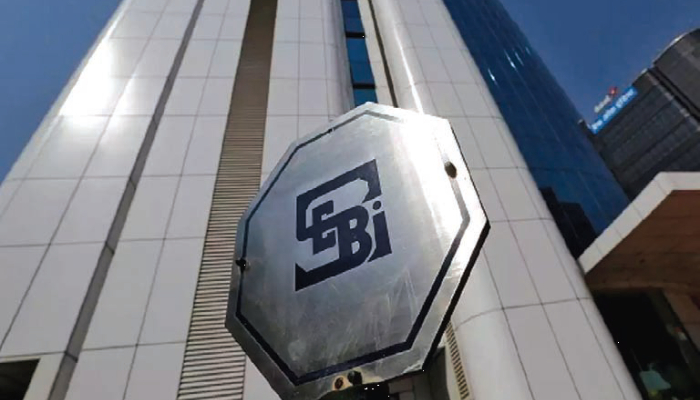
or

The Securities & Exchange Board of India recently circulated a discussion paper on amendments to the SEBI (Prohibition of Insider Trading) Regulations, 2015 (PIT Regulations) towards provisioning for an informant mechanism inviting public comments on the proposed amendments to the PIT Regulations as discussed in the Discussion Paper.
The PIT Regulations define ‘Insider trading’ to mean trading of securities while in possession of unpublished price sensitive information (‘UPSI’). While persons allegedly indulge in insider trading indirectly through proxies using UPSI, SEBI, like most other regulators, has also been facing challenges in effectively verifying such instances of insider trading violations owing to insufficiency of evidence. The Discussion Paper states that the mandate of the SEBI Act, 1992 is to ‘protect the interests of investors in securities and to promote the development of, and to regulate the securities market’ which makes it ‘imperative for SEBI to employ all legitimate means to detect and initiate action against insider trading at the earliest to instil confidence amongst investors and ensure integrity of the securities markets in line with the mandate conferred upon it’.
The proposed amendments to the PIT Regulations seek to establish systems and processes (@listed Cos as well as SEBI) to encourage individuals with incentives for reporting insider trading violations through rewards up to INR 1 crore (approx. US$ 150k) in the event of SEBI undertaking disgorgement of at least INR 5 crores (approx. US$ 0.72 million) resulting from action taken based on such true, credible and original information.
It will be necessary to prevent misuse of the amended provisions of PIT Regulations by bounty hunters and speculators and verifying bonafides and genuiness of information. The exceptions to confidentiality of informants during proceedings as suggested makes the confidentiality regime vulnerable and therefore may not provide the confidence required to be accorded to informants to step forward with information.
If this anonymity, bounties on offer and job-protection regime comes into play, apart from SEBI working towards preventing misuse of such a regime by bounty hunters, Corporates will need to strengthen their market conduct governance practices as well. The amendments also expose practicing advocates towards triggered breach of client privilege obligations under applicable laws.
Dr. Manoj Kumar is the Founder of Hammurabi & Solomon & Visiting fellow with Observer Research Foundation, New Delhi.

Lex Witness Bureau

Lex Witness Bureau

For over 10 years, since its inception in 2009 as a monthly, Lex Witness has become India’s most credible platform for the legal luminaries to opine, comment and share their views. more...
Connect Us:


The Grand Masters - A Corporate Counsel Legal Best Practices Summit Series
www.grandmasters.in | 8 Years & Counting
The Real Estate & Construction Legal Summit
www.rcls.in | 8 Years & Counting
The Information Technology Legal Summit
www.itlegalsummit.com | 8 Years & Counting
The Banking & Finance Legal Summit
www.bfls.in | 8 Years & Counting
The Media, Advertising and Entertainment Legal Summit
www.maels.in | 8 Years & Counting
The Pharma Legal & Compliance Summit
www.plcs.co.in | 8 Years & Counting
We at Lex Witness strategically assist firms in reaching out to the relevant audience sets through various knowledge sharing initiatives. Here are some more info decks for you to know us better.
Copyright © 2020 Lex Witness - India's 1st Magazine on Legal & Corporate Affairs Rights of Admission Reserved